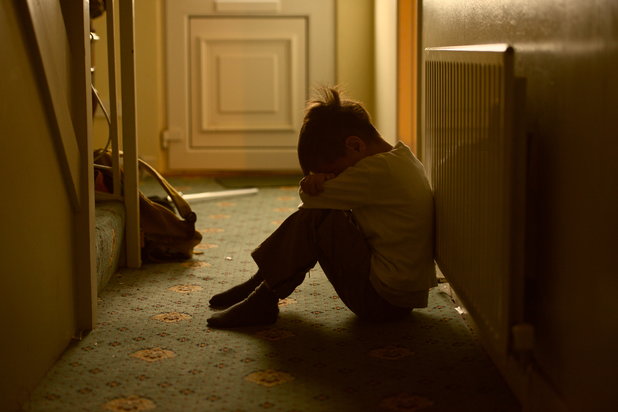Have you ever had trouble sleeping at night? Or suffered from depression or anxiety? If so, you’re not alone. More than half of Americans have had insomnia or have experienced difficulty sleeping at some point in their lives. Now, research suggests that suffering from Adverse Childhood Experiences (ACE) may result in sleep problems during adulthood.
Adverse Childhood Experiences
ACE’s are used to describe a blanket of traumatic experiences that people go through before the age of 18. The traumatic experience may be abusive or neglectful. People who’ve suffered Adverse Childhood Experiences have a higher risk of developing chronic health conditions. Also, children who suffer multiple adverse experiences are at risk for later health problems or even early death. ACE sufferers may also engage in riskier health behaviors. An ACE study showed that adverse childhood experiences are related to many of the leading causes of death, poor work performance, and problems with relationships and substance abuse.
The lasting impacts of ACE’s can range from depression, anxiety, and PTSD to cancer and diabetes. Alcohol and drug abuse are also common in those who suffer from ACE’s. And ACE’s are not uncommon, either. Out of the study done, almost two-thirds of those that participated were reported to have experienced at least one ACE. ACE’s can also negatively impact an adult’s education, employment status or income potential by creating mental and physical roadblocks and struggles that affect these areas.
ACE’s are categorized by abuse, neglect or household challenge. Abuse can be found in many forms—particularly physical, sexual, and emotional abuse. These three groups are then divided into subcategories—such as being physically injured, sexually assaulted or verbally abused. Household challenges can encompass a wide range of incidents that take place within the home, such as substance abuse, mental illness, or divorce. Neglect can be both physical and emotional, taking its toll over time.
ACE Awareness
ACE awareness is an important part of solving the problems we face. Supporting parents and encouraging positive parenting skills with public engagement, policy and programs is a start. Also, helping to provide better financial security can prevent many household challenges facing parents who are in an economic crisis. Intervention with enhanced primary care, behavioral parent training programs, and treatment options that can lessen the harms of abuse and exposure to neglect are also ways to create awareness.
Breaking The Cycle
A healthy and nurturing upbringing is essential in breaking the cycle of ACE’s in order to allow children to access their full potential in many different areas. “Changing the narrative”—or changing the thinking and communication behind a problem, as well as blaming those allegedly responsible for it such as parents—means recognizing that parents alone may not have the resources to care for their children or prevent ACE’s from happening. As such, positive conditions must be bolstered through societal and structural policies and processes that support a healthy environment for children.
If you or someone you know is seeking professional help, please visit our directory of mental health resources or call 800-891-8171 to start the path to recovery today.








